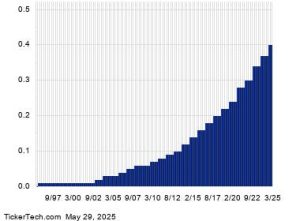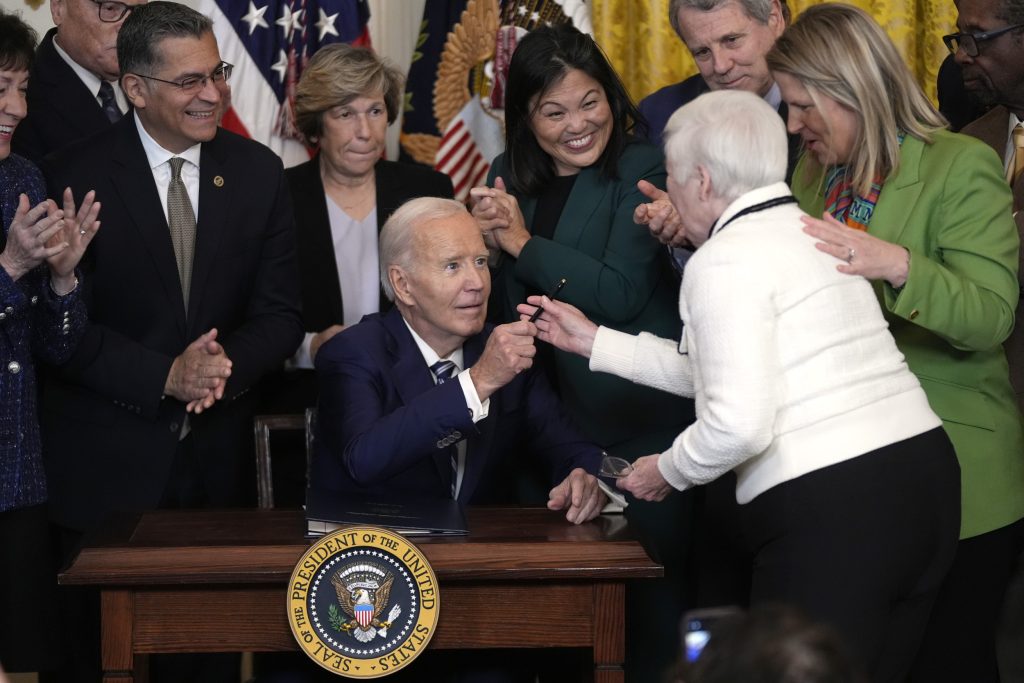The Social Security Fairness Act, signed into law by President Biden, ushers in significant changes to Social Security benefits for millions of Americans, primarily public sector workers. This landmark legislation abolishes the Windfall Elimination Provision (WEP) and the Government Pension Offset (GPO), two provisions that have long reduced Social Security payments for individuals receiving government pensions. The Act enjoyed bipartisan support in Congress, reflecting the widespread recognition of the need to address the inequities created by these provisions. The impact of this legislation will be substantial, providing much-needed financial relief to those affected.
The Congressional Budget Office (CBO) projects significant increases in monthly benefits for those impacted by the WEP and GPO. By December 2025, the average monthly benefit increase is estimated to be $360 for those affected by the WEP. The impact of abolishing the GPO is even greater, with an average increase of $700 projected for living spouses, $1,190 for surviving spouses receiving widow or widower benefits. These increases will be further augmented by annual cost-of-living adjustments (COLA), ensuring that the benefit improvements keep pace with inflation. The changes are retroactive to January 2024, meaning the Social Security Administration will issue back-dated payments to eligible recipients. While the legislation mandates adjustments to primary insurance amounts, the exact implementation details and any required actions from beneficiaries remain to be clarified.
The WEP and GPO have historically impacted nearly 3 million public sector workers, including firefighters, police officers, and teachers, who often receive pensions not covered by Social Security. These individuals saw their Social Security benefits reduced due to their government pensions. The Social Security Fairness Act rectifies this long-standing injustice, ensuring that these public servants receive the full Social Security benefits they have earned through their contributions. The International Association of Fire Fighters (IAFF), with its hundreds of thousands of members and retirees, is among the groups who will significantly benefit from this change. The Act primarily impacts permanent civilian federal employees hired before 1984 and a substantial portion of state and local government employees covered by alternative retirement systems.
The WEP reduced benefits for retired or disabled pension workers with less than 30 years of substantial Social Security-covered earnings. Conversely, the GPO targeted the spouses of pension workers, reducing their spousal or survivor benefits. Congressional Research Service data from December 2023 indicates that approximately 745,679 individuals (around 1% of all Social Security beneficiaries) had their benefits reduced by the GPO, while about 2.1 million people (roughly 3% of beneficiaries) were affected by the WEP. The Social Security Fairness Act addresses this inequity by eliminating these provisions, ensuring fair and equitable treatment for all beneficiaries.
The passage of the Social Security Fairness Act has been met with widespread acclaim, particularly from public sector unions and advocacy groups. Leaders of organizations representing firefighters and other public employees have expressed their satisfaction with the legislation, highlighting the positive impact it will have on their members’ retirement security. They view the Act as rectifying a decades-long wrong and ensuring that public servants receive the full benefits they deserve. Supporters of the bill emphasize that these workers have paid into Social Security and are entitled to the full benefits they have earned.
However, concerns remain about the long-term financial implications of the Act. While it addresses a critical fairness issue, it also adds to the strain on the already stressed Social Security Trust Funds, which are projected to face insolvency by the mid-2030s. This means that without further action, Social Security will only be able to pay out about 80% of promised benefits. Despite this potential challenge, the Act’s proponents argue that the benefits of ensuring fair treatment for public servants outweigh the potential financial strain. The future of Social Security funding remains a central issue for policymakers, who must address the looming insolvency crisis to safeguard the program’s long-term viability.










